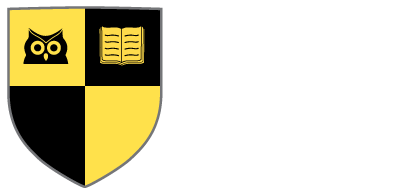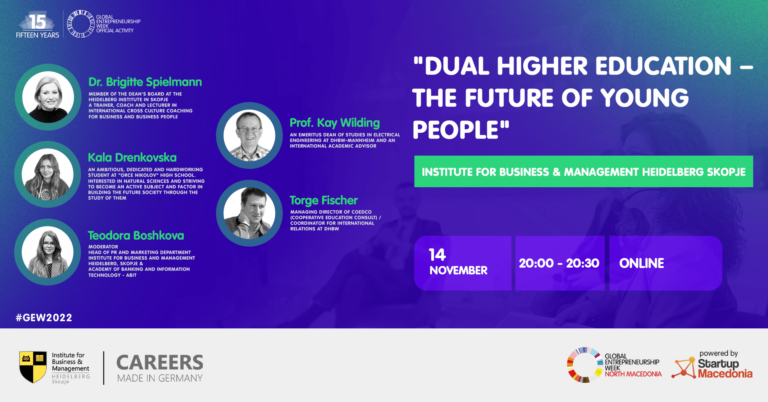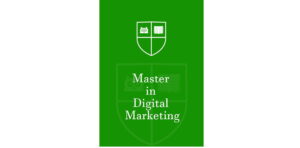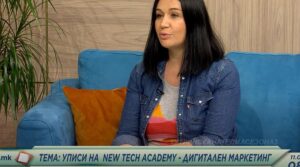Live from Germany, with a discussion within the Global Entrepreneurship Week, on the topic: “DUAL HIGHER EDUCATION – THE FUTURE YOUNG PEOPLE“
At the very beginning of the Global Entrepreneurship Week, the Heidelberg Institute in Skopje held an event with the aim of presenting the model of German dual higher education, highlighting the benefits for students and companies in the country. It was an online discussion as part of the program of the “Global Entrepreneurship Network”, which aims, through events held simultaneously in about 180 countries around the world, to initiate an increase in dialogue between social actors, this year on topics related to: education , inclusiveness, creation of public policies to improve entrepreneurship, as well as building partnerships within the ecosystem to encourage the development of entrepreneurship.
Speakers were:
- Dr. Brigitte Spielmann, Member of the Dean’s Board at the HEIDELBERG Institute in Skopje; a trainer, coach and lecturer in international Cross Culture Coaching for business and business people;
Representatives from the Baden-Wuerttemberg Cooperative State University (DHBW) – the first higher education institution in Germany to integrate academic studies with workplace training:
- Torge Fischer, Managing director of COEDCO, Cooperative Education Consult; and
- Prof. Kay Wilding, an emeritus dean of studies electrical engineering at DHBW-Mannheim and an International Academic Advisor.
- Kala Drenkovska, a friend of the institute, an ambitious, dedicated and hardworking student at “Orce Nikolov” High School.

The event was moderated by Teodora Boshkova, in the role of head of Public Relations and Communications at the HEIDELBERG Institute in Skopje.
The discussion began by sharing the news about the opening of the first German dual higher education institution for the countries of the Western Balkans – “HEIDELBERG Faculty in Skopje”, which received a Decision to grant approval for establishment by the Government of the Republic of North Macedonia (No. 41-7606/1 , 13.09.2022). From the next academic year 2023/24, this higher education institution with a unique approach will integrate theory with practice, following the example of the State Dual University of Mannheim and under their mentorship and involvement with programs, educational staff (50% of the Faculty’s professors), evaluation and external testing to guarantee the quality and duality of studies. At the same time, field visits, excursions and student exchanges are planned, as well as final activities for completing the educational processes and acquiring a state German diploma, in addition to the Macedonian one, with 210 ECTS.
On behalf of the Dean’s Board of the Heidelberg Institute, Spielmann spoke, expressing great satisfaction that in the State Dual University of Mannheim, a highly respected university partner was found with which a system of dual university education can be successfully established in North Macedonia.
“The board is very happy to have found a new partner (DHBW), with whom we now have the opportunity to establish a new type of education in Skopje, an education that has only shown success for Germany and the German economy,” she said.
The systematized combination of theory and practice, unique as a more than 100-year tradition for Germany and Austria, was presented by Torge Fischer, director of COEDCO, consultant for education and international cooperation. He spoke about the model that integrates practical work into studying, where in Germany 9 thousand companies – dual partners are involved in the learning process.
“Cooperative higher education mostly focuses on the employability of students. Our previous goal is for students to be employed when they graduate. The skills that the students learn are aimed at what the industry requires of them,” said Fisher.
According to him, traditional universities mainly focus on research and academic competence, which is good, but often those studies that have a very theoretical basis are not necessarily suitable for what industry requires from students. At the same time, many of the students face problems in finding a suitable job, something that fits their studies.
“Our students are employed in a company from the very beginning. Thus, on the first day of their studies, they already know that they are employed and all the practical stages throughout their studies are in the same company, which throughout the three-year studies at the Faculty continuously invests in its future successful young staff.” – he adds.
Prof. Kay Wilding as the University’s International Academic Adviser, spoke about the practical side of dual studies:
“In the future, there is a need for highly qualified staff, aged 20 to 22, with a good education at the university level, good practical experiences and intercultural and international experience, and especially good social competences.” These demands can only be answered by the concept of dual higher education, with which young university graduates are able to act effectively with experiences in the practical working world.”
Fischer further explained: “When I studied, many years ago, I go back to 12 years of primary and secondary school and 6 years of college in a row. So 18 years of learning accumulate and I never had a chance to apply what I learned in between. So after 18 years of study, I don’t know anyone who can apply 18 years of theoretical learning – it’s impossible.”
That is the concept of dual cooperative education. What you do is learn something in theory, and soon after you get a chance to apply and experiment with this knowledge in the workplace.
Finally, Kala Drenkovska, a high school graduate from “Orce Nikolov” High School, presented her ambitious thoughts on building the future society by reforming the education system: “In my opinion, the biggest reason for immigrating students from the country is that the collective opinion about Macedonian education system is that we do not have enough well-reputed professors, and the reputation of the universities is not the same as that of other universities around the world. But in my belief, if we work together on this case, in just a few years we can begin to make changes and move forward. Given the chance to study in my own country while earning a valuable degree, there would be no better way to further my education while giving back and helping the country I grew up in. With this, we all have an open horizon for a brighter future.”
By the end of the year, a ceremonial opening of the campus of the “HEIDELBERG Faculty in Skopje” is planned, as a platform for strengthening the cooperation between Macedonian and German companies, followed by the officialization of the agreements with the Faculty’s dual partners.
Through undergraduate studies for:
➡️ “Business Administration: Banking, Insurance and Controlling”;
➡️ “Software Engineering: Data and Computer Science”; and
➡️ “Mechatronics”,
90 high school graduates will have the opportunity while studying to study and work with mentors-practitioners with many years of experience in the industry, follow academic teaching and work in the largest and fastest growing companies in the country.
Note: the entire discussion can be seen on the following link ➡️ https://www.youtube.com/watch?v=qyLjTBiyLv0&ab_channel=HeidelbergInstituteofSkopje





